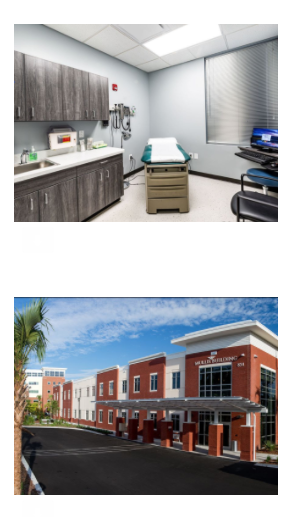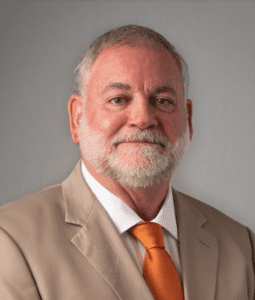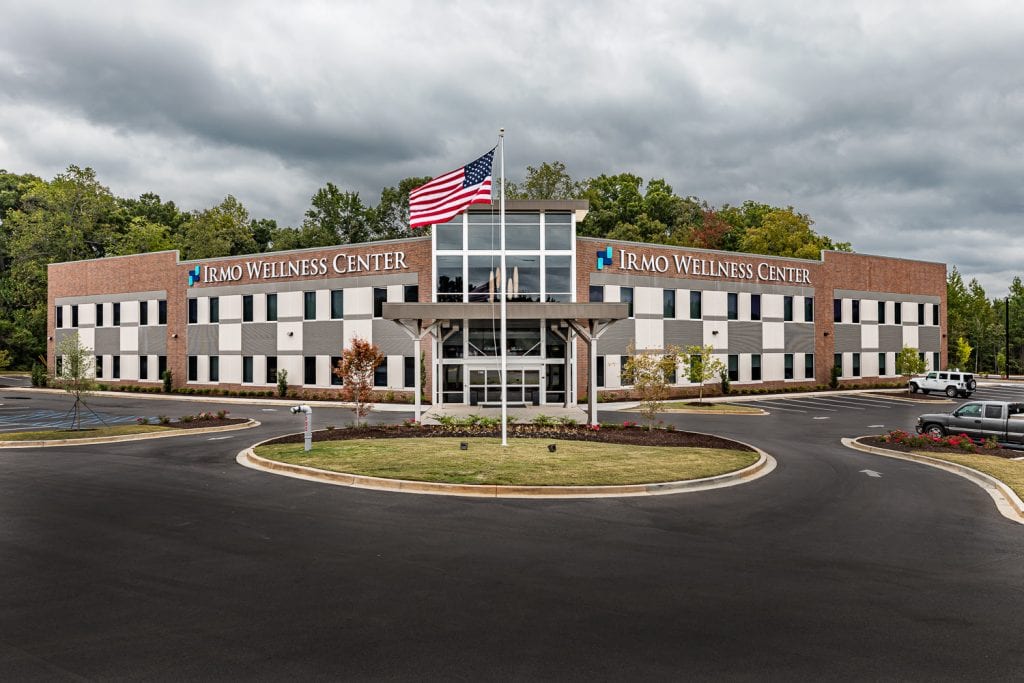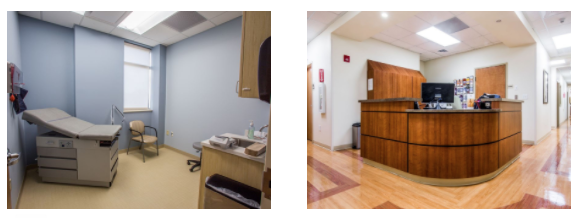A Conversation with Bruce Farmer, Director of Mashburn’s Healthcare Division
May 5, 2020
WhosOnTheMove, the publisher of MidlandsBiz, UpstateBizSC and LowcountryBizSC, sent the following questions over to Bruce Farmer, Director of the Healthcare Division at Mashburn Construction. He discusses his experience in the healthcare field and the impact of COVID-19 on the future of the industry.
Who’s On The Move:
Tell us about Mashburn’s Healthcare Division.
Bruce Farmer:
Our Healthcare Division is committed to making a real difference within the healthcare sector by building functional and engaging structures that help create a positive environment to benefit those who practice and receive healthcare related services. Our team of healthcare construction professionals appreciate the unique demands of work inside hospitals and other care facilities. We stringently adhere to all infection control procedures, proactively communicate with project stakeholders and work diligently to ensure the safety of all patients, staff, and visitors.
Next to nuclear power plants, hospitals and healthcare facilities are the most regulated type of facilities in existence. We have the technical knowledge and experience to meet the unique demands of healthcare construction, while maintaining unimpeded operations and quality of care. We offer ideas to maximize productivity, efficiency and value. We find ways to optimize financial resources, conform to time constraints and create an optimal healing environment for both patients and physicians. As a builder of healthcare facilities for more than 40 years, Mashburn continues to grow our portfolio of experience to better serve our current and future clients.
Who’s On The Move:
What is your experience in the healthcare field and how does it apply to the division?
Bruce Farmer:
I serve as the Director of Healthcare for Mashburn and am certified by the American Hospital Association as a Certified Healthcare Operations Professional. I have formerly served as the Associate Vice President of Facilities & Operations for a major South Carolina Health System where I managed over 7M square feet of licensed hospital space and $300M construction expansion projects. As a formerly SC Licensed General Contractor, I have a distinct level of care and knowledge working within hospitals and other specialty care facilities. I consistently work to understand the demands of today’s healthcare industry in order to guide Mashburn as we build to meet those demands.
 Who’s On The Move:
Who’s On The Move:
You serve on the South Carolina Emergency Management COVID-19 Task Force. How are you contributing to assisting in COVID-19 precautions?
Bruce Farmer:
Mashburn Construction’s Healthcare Division has aided several hospitals and the State of SC during the COVID-19 pandemic. In addition to providing guidance and general recommendations, I provided a written report on all the considerations for opening vacant/closed hospitals in rural areas of the state.
Mashburn has been involved in several conversations concerning converting hotels and civic centers into Non-Acute COVID-19 patient care facilities, if the pandemic requires. Mashburn’s Healthcare Division has assisted hospitals in converting ICU Rooms into Isolation Rooms for COVID-19 patients. We have loaned negative air pressure machines to hospitals and donated masks. Mashburn’s Healthcare Division has stayed in contact and assisted several hospitals during this pandemic as a humanitarian gesture.
Who’s On The Move:
How do you project the future of the healthcare industry post-COVID-19?
Bruce Farmer:
As a whole prior to the COVID-19 pandemic, healthcare construction had been increasing steadily alongside a robust economy. I believe that after the economic recovery that this trend will continue with more emphasis over the coming years. I think that due to the capacity challenges met during the pandemic that the healthcare industry will be forced to address issues such as critical care capacity, isolation capacity, emergency services and non-critical care services.
The most important way that hospitals should consider changing to meet demands is by spreading out their services. Rather than housing all their services in one centralized location, healthcare construction projects are now more likely to build outpatient facilities that cater to non-emergency care. This will allow hospitals to streamline the critical services they do offer such as emergency services, Surgery, Intensive Care and Patient Isolation. By moving non-critical care offsite to an outpatient facility, hospitals can reduce waiting times while also providing better care to the patients that are suffering from a medical emergency. These new outpatient and inpatient facilities are more capable of caring for chronic illnesses related to aging, while hospitals are geared towards treating critical emergency cases or surgery.
Mashburn’s Healthcare Division is looking forward to participating in the future growth of the healthcare industry.
You can reach Bruce Farmer at bfarmer@mashburnconstruction.
















